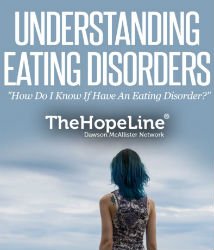Nighttime Binge Eating: The Causes and Consequences
If you’re someone who struggles with nighttime binge eating, you’re not alone. In fact, research suggests that nighttime eating is one of the most common eating disorders. Nighttime binge eating is defined as eating a large amount of food in a short period of time, typically at night, and feeling out of control during the binge. For some people, nighttime binge eating may be a occasional occurrence, while for others it may be a nightly ritual.
There are a number of possible causes of nighttime binge eating. One theory is that people are more likely to binge at night because they’re tired and their willpower is low. Another possibility is that nighttime eating may be a way to cope with stress or anxiety. Nighttime binges may also be triggered by certain types of foods, such as sugary or high-fat foods.
Whatever the cause, nighttime binge eating can have a number of consequences. One of the most obvious consequences is weight gain. When you eat a large amount of food in a short period of time, your body is unable to burn off all the calories and they are stored as fat. Nighttime binge eating can also lead to feelings of guilt and shame. And because binges typically happen in secret, they can also lead to feelings of isolation and loneliness.
If you’re struggling with nighttime binge eating, there are a number of things you can do to get help. Talk to your doctor or a registered dietitian to get started. You can also find support from online communities or in-person support groups. Finally, make sure to get rid of any trigger foods from your house so you’re not tempted to binge.









Recent Comments